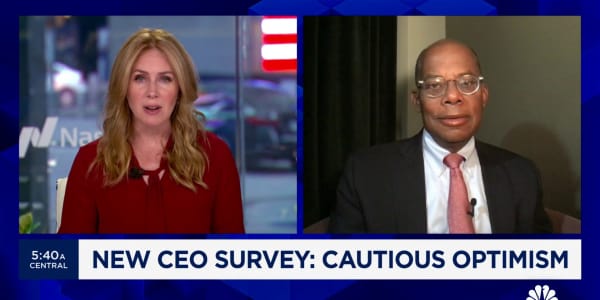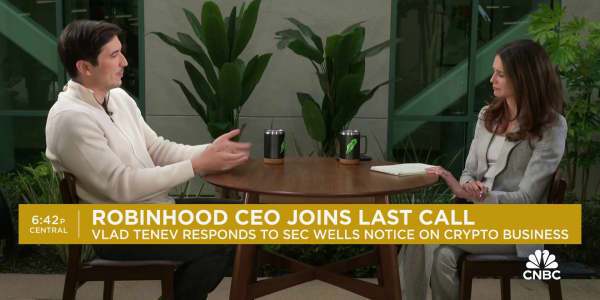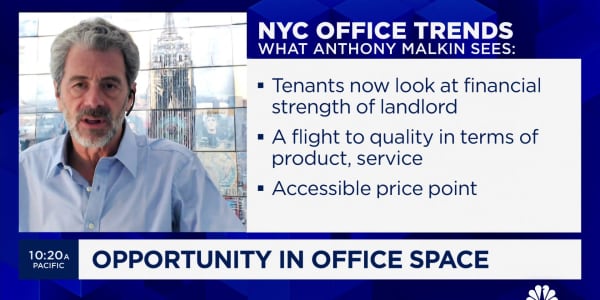
Bitcoin probably will need more than a little Winklevoss buzz to restore the cachet it has lost through some high-profile embarrassments.
The online cryptocurrency could use some good news after its main trading exchange essentially went dark recently and the arrests that have piled up for people using bitcoin for nefarious purposes.
In walked the Winklevoss twins—Cameron and Tyler—this week with an index designed to bring some pricing stability to a product that has had little since it took off in popularity in 2013.
The bitcoin community verdict: Meh.
"It doesn't matter, not right now," said Nick Colas, chief market strategist at ConvergEx and arguably the first Wall Street analyst to pay bitcoin any mind. "Bitcoin's got to resolve what's going on with the infrastructure."
Indeed, bitcoin's problems have been twofold: tremendous volatility that has seen the price swing above $1,000 and down into the low hundreds, as well as internal plumbing that saw the system's primary exchange, Mt.Gox, essentially shut down and say it will not honor withdrawals until it fixes problems that it has blamed on a security breach.
Bitcoin is traded on online exchanges and created by "miners" who solve complex math puzzles. It has gained in acceptance as a form of payment but continues to suffer growing pains.
(Read more: Bitcoin investor fury at Mt Gox delays)
To address the volatility issue, the Winklevosses have created what they call the "Winkdex," which aggregates prices from various exchanges to determine a midpoint. On Thursday afternoon the price hovered in the $580 range, itself a 5 percent decline from the previous 24 hours, and ranged from $730 on localbtcUSD to $120 on Mt.Gox.
Colas said having a central index is all well and good but doesn't address some problems plaguing bitcoin.
"There still is some fairly strong organic demand for the currency," he said. "Having your biggest exchange basically implode is not good news. I don't think of it as an existential threat, but it is a serious black eye."
Getting such a high-profile name like the Winklevoss twins—famous for the role in the development of Facebook—involved might help from a public relations standpoint. But in the sometimes-shadowy bitcoin community, there is skepticism.
(Read more: First bitcoin ATM coming to the US)
"I don't see why we need Wall Street's blessing," said Cody Wilson, of Bitcoin Consultancy, a bit of a rebel in a business of rebels and a firm developing its own product called Dark Wallet that it believes will make bitcoin transactions even harder to trace. "If it's a great index, the proof will be in the pudding. In our anarchist opinion, if ain't broke it doesn't need fixing."
As for the Winklevoss involvement, Wilson said they have "egg on their face" after the arrest of Charlie Shrem, head of BitInstant who was charged in January with using bitcoin to launder money. The twins had invested $1.5 million in Shrem's company.
"My suspicion is everyone who tries to bring in precursor regulatory mechanisms is out for themselves and a reputational advantage, when bitcoin doesn't really need that kind of help," he said.
(Read more: Bitcoin's four steps to Wall Street acceptance)
The Winklevosses did not respond to a request for comment.
Charles Allen, CEO at Bitcoin Shop, said he hopes those inside the industry can straighten out the problems before regulators are called in to do it for them.
"The big thing that will take the volatility out of the market is when people stop looking at bitcoin as an investment," Allen said. "When you start looking at it as a currency to pay for goods and services and the convenience factor associated with it, then all of a sudden it starts to make a lot of sense."
—By CNBC's Jeff Cox. Follow him on Twitter @JeffCoxCNBCcom.






